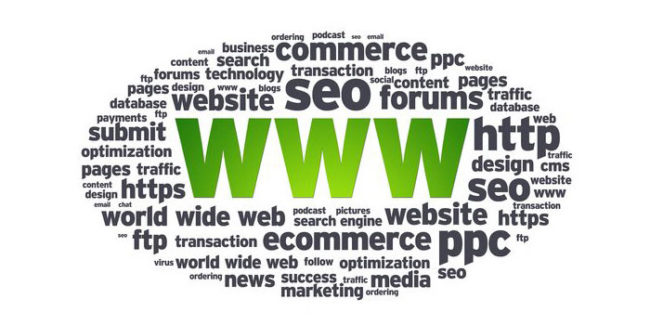Friday Freestyle: WordPress Maintenance: Tasks & Best Practices
If you’re managing a WordPress site, it’s crucial to ensure it runs smoothly and securely. Many site owners worry that WordPress maintenance is a complex chore that requires a ton of technical expertise, but that’s not entirely true. This guide is here to show you the steps you can take on your own to help…





